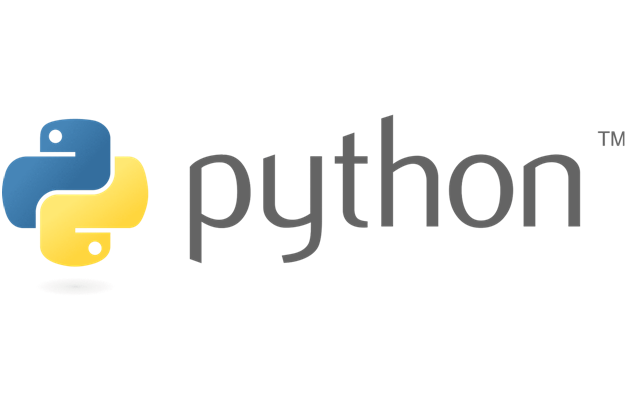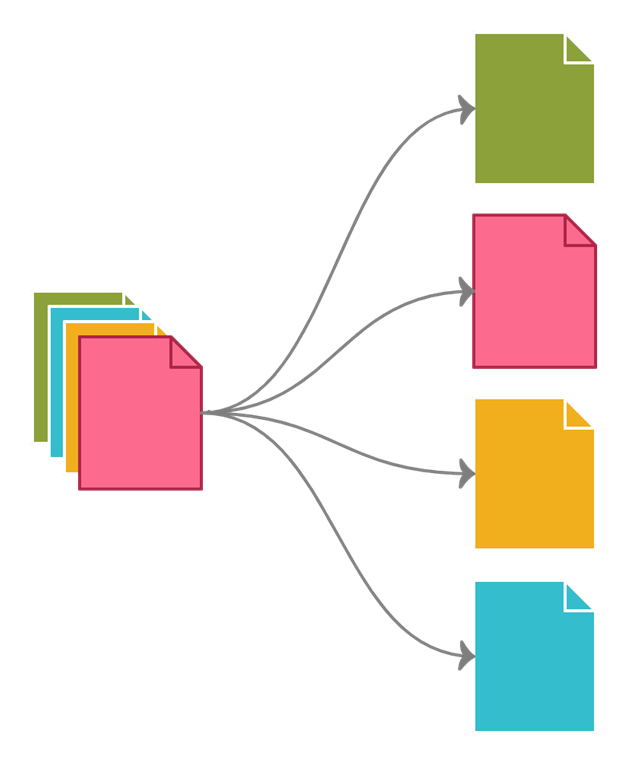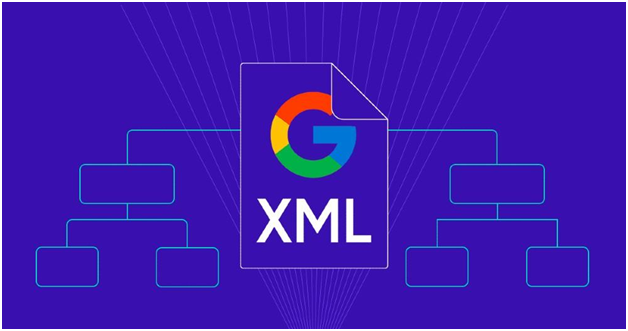Every company needs to optimize its website or eCommerce store in this digital world to ensure better reach and conversion rate. The process of optimizing your online store to obtain a higher ranking in a search engine is called SEO.
Search Engine Optimization is vital for every website and marketing campaign as it ensures its success and optimal reach. SEO is a broad term in itself and involves several simultaneously working components.
SEO, in a literal sense, means to alter the working of a website to affect the search engine’s unpaid results. By improving your SEO, you can engage your users more efficiently, drive relevant traffic to your website, and have more sales and conversions. A good SEO will help you in generating more revenue.

The digital industry has undergone several changes in the past years to make things easier for humans. One such prominent change in the SEO industry was the addition of Python scripts to automate SEO tasks. By using SEO, you can efficiently increase the speed and efficiency of repetitive tasks.
To understand how Python can help automate tasks, let us first understand the basics of Python.
What is Python?
Python is an object-oriented and open-source programming language that is simple to understand and use. Python is used in several industries because of its easy-to-learn syntax, which reduces maintenance costs in the long run. Python is effectively used in Natural Language Processing (NPL), SEO tool Automation and crawl/search data analysis.
Running SEO tasks is a tedious task and takes a long time to complete. For this purpose, companies have to hire SEO experts for handling these tasks. While it is efficient for big companies to hire an SEO expert, it is not feasible for a start-up. However, one cannot just simply avoid doing SEO because it costs too much. So for that purpose, automating SEO tasks using Python is extremely helpful.

Python allows you to automate six SEO tasks that will save you a lot of time, effort, and money. The SEO tasks that you can automate using Python are:
- Implementation
- Intent Mapping
- Visibility Benchmarking
- XML Sitemaps
- SEO Analysis
- Response Code Analysis
Let us take a closer look at how these tasks can be automated using Python.
Implementation
One of the most important SEO tasks is to implement specific strategies that can help a business. However, companies usually do not implement these strategies for a variety of reasons. One of the most common reasons for avoiding implementation, even though it is crucial for improving organic traffic, is the lack of resources and expertise.
Luckily for companies, they can automate SEO tasks using specific tools. By using these tools, users can implement up to three priority tasks such as title tags, robots.txt and/or descriptions daily or weekly. Earlier, the tasks that required months to be completed can now be done in a matter of days.
Automation implementation is also beneficial in reducing human error. Several times, an SEO expert or developer may end up performing a task by mistake, which can undo days of work. However, innovative automation tools can immediately detect such errors and correct them.
Visibility Benchmarking
Visibility benchmarking is used to review the website’s visibility against the competitors and detect the shortcomings and gaps in content/keyword coverage. It is also used to determine if your competitor’s website has visibility in specific regions or demographics where your content is not visible.
There are several SEO tools that can help you collect your competitor’s keywords and content and store it in a tabular form. However, comparing your keywords and content against your competitors manually to determine inconsistencies is challenging, to say the least. This task becomes even more complicated if your’s and your competitor’s website has several business lines and non-branded keywords.

But the good news is, that you do not have to do it manually anymore. Using Python, you can write scripts that can automatically analyze traffic and keywords for various websites to find content gaps. By fixing the content and keyword gaps between you and your competitor, you can ensure that you have more visibility and reach.
This process can be done in a matter of hours, whereas doing it manually would have taken days and would not be efficient enough.
Intent Categorization or Mapping
Intent Mapping is an essential part of the visibility benchmarking process and was used to be done manually. In this process, the users have to filter content, and keywords according to intent. Imagine doing this process for a website with hundreds of web pages manually, and you get tired just thinking about it. That’s before considering the fact that a single webpage can have hundreds of keywords.

However, the good news is that technology has advanced enough to automate the intent classification process with deep learning. Deep learning leverages sophisticated neural networks to perform tedious tasks in a matter of hours.
Python is the most efficient coding language because of its extensive library and versatility in the academic community.
XML Sitemaps
XML sitemaps provide the blueprint of your website to Google. Google uses this map to determine the most important webpages to crawl and show in the search results. A dynamic website usually has millions of pages, making it impossible to detect the indexed pages as all the URLs are usually listed in a single XML file.

Sorting through thousands of pages to index and crawl them for content can become a nightmare if they are mixed with other non-important pages. If you cannot crawl the pages that attract the most traffic, you cannot detect if they are facing some indexing or crawling issues.
You can avoid this nightmare by using a Python script that will help you create specific XML sitemaps with only important web pages requiring regular maintenance. It will not help you save time but will decrease your manual effort considerably, freeing your time to focus on other tasks.
Responsive Code Analysis
Google and other search engines still use links to determine the organic visibility of your website. These search engines look for quality web pages that are SEO optimized instead of poorly optimized web pages in large quantities.

You earn links when a viewer finds a solution to their problems by reading the content you offer or using your services. This is especially important today as suggested by these content marketing stats. These pages and links are crucial because they are generally responsible for creating the majority of traffic on your website. However, these pages can break or experience a 302 redirect in some cases, and you might not realize this issue until your organic traffic starts dropping.
If you are running a small website, it might be possible to check these pages with thousands of keywords and links regularly. But if you are running a website with thousands of web pages, you cannot possibly do it manually. Here’s where Python will help you by creating a script that can automatically check your website’s URL status codes. It will determine if there is an issue with any of the web pages or if a web page is redirecting the viewers to another page.
SEO Analysis
We saved the best use of Python for automation for the last. A Python SEO analyzer can automatically analyze your website to determine if your website is facing any of these issues:
- If any web page is missing a title tag or has an improper title tag.
- If there is a dull or missing meta description in any title on the website.
- When a web page has missing or improper data structure.
- If the keywords used are relevant to the content and services mentioned on the web page.

By fixing these issues, you can increase your website’s organic traffic and performance to yield better results.
Final Verdict
In this fast and technology-driven world, it is essential to maximize any task’s efficiency for optimal results. By automating SEO tasks, you can save time, effort, and money that you can utilize to serve the clients or customers more productively.
Python is the most versatile language that can automate SEO tasks and do them in minutes instead of days. Technology has unlimited potential and will continuously develop new ways to help humans perform simple or complicated tasks. It is crucial to stay on top of these emerging trends in order to stay ahead of the competition, python is a complex language and so it takes a lot of cost in order to perform the automated task, India has emerged as a frontrunner in giving high-quality development services at a meager cost as compared to other countries, hire programmers in India that can help you to create top-notch automation SEO with python, they are known for solving complex problem keeping you ahead of the competition
The person who will eventually win the race is the one who uses all the tools at his disposal.




